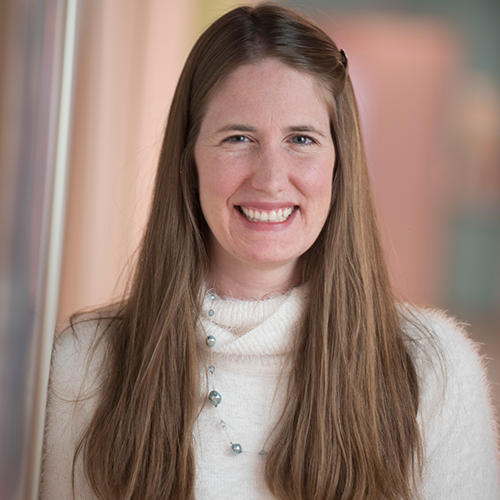Dr. Kris Ann Schultz, pediatric oncologist at Children’s Minnesota, has been named a senior investigator in the EDISYN Collaboration!
What’s the importance of your work with the EDISYN Collaboration?

How does this work impact your Registry work with the PPB/DICER and OTST Registries?
The International PPB/DICER1 Registry and International Ovarian and Testicular Stromal Tumor (OTST) Registry are two Registries founded and based right here at Children’s Minnesota to advance outcomes for kids with pleuropulmonary blastoma (the most common lung cancer of infancy and early childhood), ovarian and testicular stromal tumors and other DICER1-related conditions. Our work with EDISYN is synergistic with these other efforts as we can all learn together how to advance outcomes for kids and adults with rare tumors and/or increased risk for cancer development.
What other organizations are founding members of EDISYN?
EDISYN is a collaborative effort with Dana Faber Cancer Institute, the National Cancer Institute, Huntsman Cancer Institute, Children’s Hospital of Philadelphia, Penn Medicine and Children’s Minnesota.
Who is eligible to participate in EDISYN?
Any child or adult with a cancer predisposition condition such as Li Fraumeni Syndrome is eligible. This means that when kids come to clinic for their care here at Children’s, their parents can also choose to participate in this study. By partnering with kids, their parents and researchers across the country, we hope to expeditiously improve outcomes for all families.
Why is rare cancer research so critical?
Our work with PPB and DICER1 has taught us that knowledge is power! As we have seen with DICER1, developing strategies to detect tumors in the #EarliestAndMostCurable form means not only better cure rates but also fewer treatment-related side effects, both key goals in treating kids and adults with cancer or at increased risk of cancer. To learn more about EDISYN, please visit the EDISYN website and to learn more about PPB/DICER1 research, please visit the website.